Nick Ghanbarian and Chris Guglielmo of Bayside are far from the first musicians to have a love of coffee. Hell, caffeine’s been one of the key ingredients in keeping bands running for as long as the two have both existed. But while other artists are merely fueling their addiction as consumers, Ghanbarian and Guglielmo took things a step further by launching Legal Speed Coffee Roasters in early 2017 and becoming the suppliers rather than the drinkers.
What started as a little passion project evolved into a legitimate business, with the Orange County-based company selling its goods directly to consumers à la carte via their website, on a subscription basis, and even through independent coffee shops. With Bayside still actively touring (they’re currently on the road with Thrice), the band’s rhythm section needed to expand their crew to keep up with demand and continue operations while on the road.
While they may not be the next Starbucks anytime soon, the former New Yorkers have found a legitimate foothold within the independent coffee scene. SPIN spoke with the duo about where coffee and punk rock intertwine and how they found their way in the roasting world.
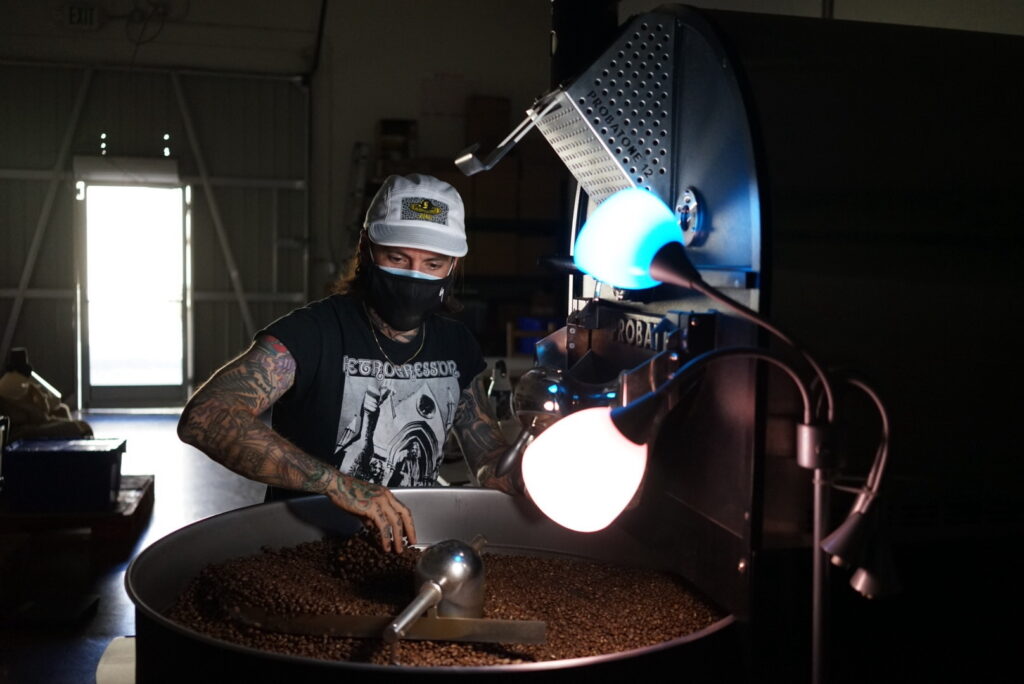
SPIN: Aside from loving coffee, what inspired you to actually start a roasting company?
Nick Ghanbarian: Chris and I would either walk around or ride our bikes on tour, and getting coffee was just something we enjoyed. But probably 10 years ago, we were learning more and more about coffee. That became a journey and an investment in what we were drinking. As opposed to just going to Starbucks everyday, it was trying to find local roasters and all that. We would ride our bikes to different local roasters and cafes to learn a little bit. Then we were in Raleigh, North Carolina, and our friend Jen had just started to work at a new tattoo shop. She wanted us to go check out the shop, so we rode our bikes over there. She said “I’ll give you guys little matching tattoos. What do you want to do?” After deliberating a little bit, we decided to reference the Lagwagon song “Mr. Coffee,” and one of the lyrics mentions “legal speed.” She drew out this little cursive logo with a bike wheel that said “Legal Speed,” and on our ride back from getting tattooed, we were like “We should open a cafe with that name” just because we were stoked on the name. Within a year, I had moved to California — Chris already lived in Orange County — and we decided to start a roasting company.
At what point did you realize that this could be a legitimate career instead of just a passing idea?
Ghanbarian: The nice thing about choosing to roast and not having a cafe was that this was something we could just do on our own. We didn’t need to hire people. When we were home from tour, we could roast and package stuff. I think having the roasting under our belts really gave us the control of not only being able to fluctuate it with our music careers, but also being able to roast coffee that we liked and wanted to share with people. Roasting really was the key for us to be able to do this with all of the traveling. Plus, we get to be creative with roast profiles and what types of coffee we want to share with people.
Now that you’ve got a much bigger consumer base, how do you maintain Legal Speed while you’re on the road?
Ghanbarian: We used to shut it down when we first started because there wasn’t too much volume. We would shut it down, which would take like two weeks, then we’d go on tour for a month and a half, and then come home and it would take another two weeks to start back up. We would just shut down the site for that whole time. Now, we have somebody who’s roasted for us the last few tours, so we pretty much drop everything off with him, and he has all the profiles set, and we’ve tasted them and they’re great. Now, instead of shutting it down, we basically just kind of reel it in. We’re not getting new coffees while we’re gone. We might design new merch and new hard goods while on tour, but the coffee itself pretty much stays the same. That way it’s something we still keep our hands on when we’re home and not get so disconnected from it when we leave.
Chris Guglielmo: The biggest difference is that when we’d go on tour years ago and just fully shut down, we didn’t have cafes that we supplied. We have cafes that we supply weekly now, so we can’t just tell them to go get their coffee somewhere else. We had to hire someone just keep things afloat for us so all of our cafes can continue to have Legal Speed.
Are there any skills you learned being in a band that apply to the coffee world?
Guglielmo: We were just talking to a friend about this. Our friend was talking about opening up a roastery, and I was like “Oh man, if you open up a roasting spot, you could do this, you could do that, you could do this.” He’s like “Where are you coming up with this shit?” I was like “Dude, this is what being in a band is like. If you think I’m giving you good ideas, you should talk to Nick.” Our whole music career is based off of coming up with new ideas, pivoting and collaborating.
Ghanbarian: We legitimately run our entire coffee roasting business as if it’s a band. We didn’t go to business school. When we work with people who have a little bit more experience in a business sense, it’s relieving because we learn how to properly do things. But like Chris was saying, they’re floored with our work ethic and how we think of things, because we don’t think of it as a brick and mortar business. We almost think of it in a street sense of being an event, constantly collaborating with people and bouncing ideas off of people.
Guglielmo: That’s why our friends’ businesses are all more successful, because they’re actually run like businesses. But it’s fun for us, because we get to treat it like it’s a band — while also still being in a band as our main source of income. It really does allow Legal Speed to be more lighthearted, and the decisions don’t feel as serious. It’s not a “by the books” business, but it’s what we know how to do.
Is there any advice you’d have for someone getting into roasting?
Ghanbarian: If somebody wants to learn how to roast, the really cool thing is that the stigma of the “barista with attitude” doesn’t exist for roasting. We’ve only met one roaster that was not one of the nicest people we’ve ever met. Roasting is difficult to figure out, because there’s not a lot of literature or YouTube videos or anything that will teach you how to roast coffee. You have to lean on your coffee community and hit up your favorite roaster or go to your local roaster and just throw it out there that you’re interested in. We did that with so many people, and a lot of people took us under their wing just to be friends and help. The roasting community is small, but everybody wants to see each other do well. Don’t be discouraged going into it.
Guglielmo: I will say as a side note, the one roaster who was not nice to us definitely went out of business.
Is there anything else you’d want to add about starting your own business?
Ghanbarian: When you’re starting a business and don’t necessarily have the experience, finding the right people to work with in your community and having a good relationship with them is the best mentality to have — as opposed to the big business, cutthroat kind of thing. We’re not trying to be Starbucks. We’re trying to have our own thing and pave our own way. I keep mentioning the word collaborative, and I think it’s just really about being a part of a good community and the entire community growing. We’ve kind of built Legal Speed on working with a lot of bands where — especially if they’re a smaller band — I’m happy to put some money in their pocket when they sell some coffee that we roast with their name on it. It’s about that safety net of community, and that doesn’t even just go for roasting. I think it’s just good in life to have a supportive community around you to learn from and also grow with.
Guglielmo: If you want to stick it to the man, you have to team up. You can’t do it on your own. Look at everything going on. Everybody’s collaborating right now. With social media and the way things are, you reach more people and gain more traction when you work with other people. Just right now, we’re probably talking to five different bands or bike companies or other roasters about doing collaborations and things that are fun, where we can cross-promote and help each other.
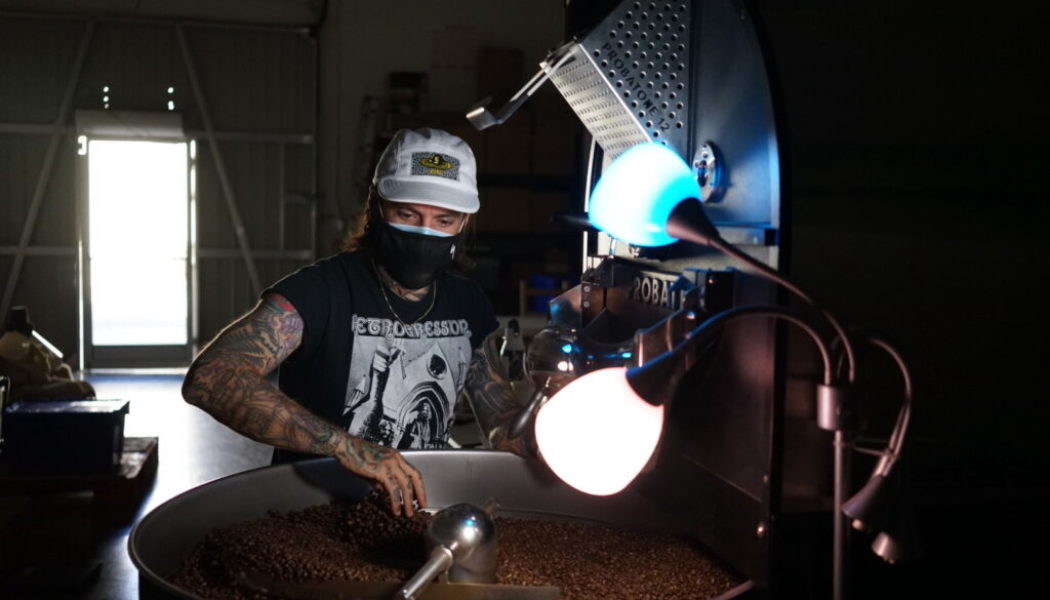

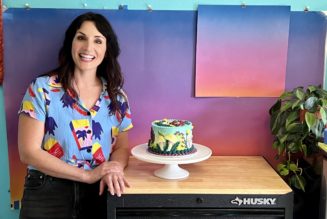
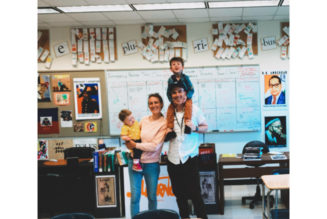
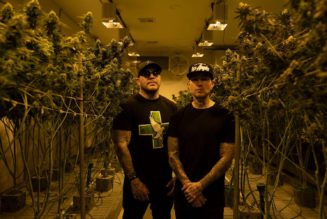
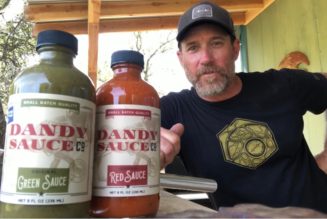
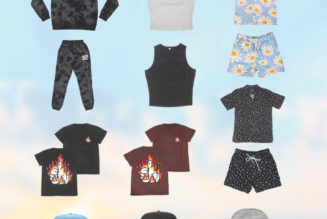
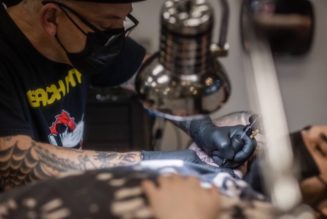
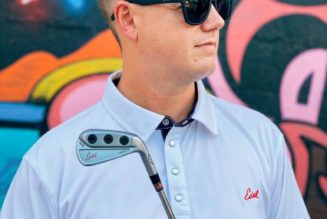
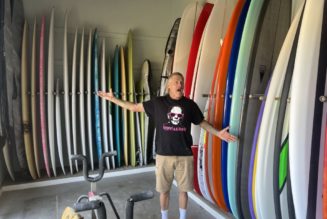
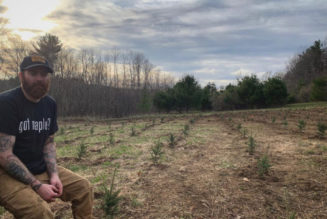
Tagged: bayside, Odd Jobs